Performing Arts: Film
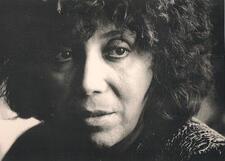
Aida Bortnik
Aída Bortnik was an Argentine journalist, dramaturge, and screenwriter who wrote the first Argentine screenplay nominated for an Academy Award (“The Truce,” 1974), an award she later won for best foreign film in 1986 (“The Official Story”). Bortnik was also the first Argentine to pen a screenplay that addressed the military dictatorship (1976-1983) and the first Latin American admitted as a permanent member of the Academy of Motion Picture Arts and Sciences.
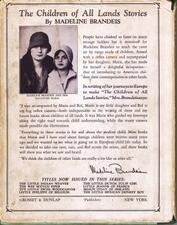
Madeline Brandeis
Born in San Francisco in 1897, Madeline Brandeis was a noted children’s book author and pioneer filmmaker, who produced films outside the mainstream Hollywood studios. Until her untimely death in 1937, Brandeis traveled the world in search of stories to tell, while aiming the lens of her camera at the lives of her characters.
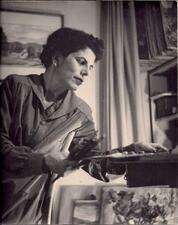
Susan Braun
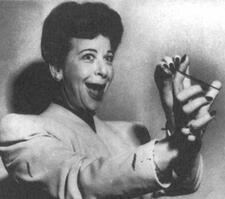
Fanny Brice
One of America’s great clowns, Fanny Brice built her career on a Yiddish accent and a flair for zany parody. Brice earned a reputation as a vaudeville star before creating some of her best-loved comedic personae for radio.
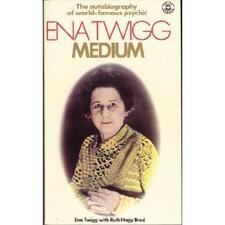
Ruth Hagy Brod
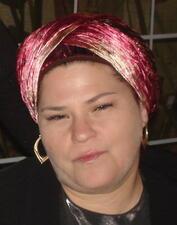
Rama Burshtein
Rama Burshtein’s films are among the most important created by a Haredi woman. Her first commercial film was shown exclusively to Haredi women, but Burshtein found the conventions of Haredi cinema poorly suited to her artistic aspirations, and her later films were aimed at the nonreligious world.

Lizzy Caplan
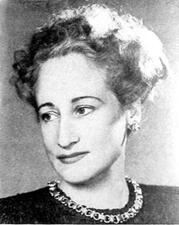
Vera Caspary
Vera Caspary was a prolific novelist, playwright, and screenwriter, best-known for her book, Laura, a murder mystery adapted into the 1944 film of the same name, now considered a classic. The female characters in Caspary’s novels and plays are strong, emancipated women, and her own concern with issues of prejudice and class consciousness are reflected in her works.
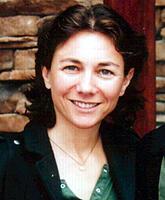
Ilene Chaiken

Sasha Cohen
Didi Conn

Jamie Lee Curtis
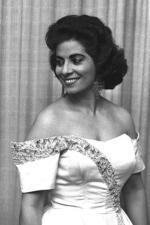
Shoshana Damari
Shoshana Damari’s lush voice and her fusion of Eastern and Western musical aesthetics made her the voice of a generation in Israeli music, recording dozens of albums in her career. She made several movies, was known for her song “Kalaniyot” (Poppies), and was awarded the Israel Prize in 1988 for her contributions to Israeli music and culture.
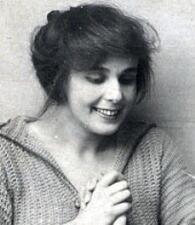
Lili Darvas
Lili Darvas was an internationally acclaimed actress, known on the stage and screen in Europe and the United States. Born in Budapest in 1902, as an actress Darvas combined the fetching qualities of an ingenue with the depth and mature allure of an experienced woman of the world, which led to her rise to fame in New York, Germany, and Hungary.
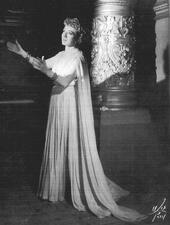
Edis De Philippe
Opera in Israel owes its creation primarily to singer, director, producer, and impresario Edis De Philippe. De Philippe made her New York opera debut in 1935 before performing with the Paris Opera and touring Europe and South America. She then founded the Israel National Opera Company in 1947 and ran it until her death in 1979.
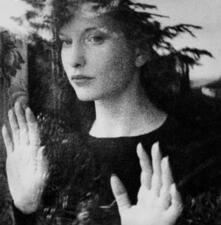
Maya Deren
Maya Deren pursued an ambitious career as a writer, publishing poetry, essays, and newspaper articles. She was also one of the most important avant-garde filmmakers of her time for her use of experimental editing techniques and her fascination with ecstatic religious dances. In 1946 she used a Guggenheim Fellowship to photograph Haitian dance.
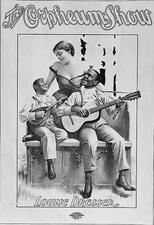
Louise Dresser
Louise Dresser was a celebrated singer in vaudeville and musical comedy, as well as a star in early motion pictures. Known largely for her rendition of Paul Dresser’s song “My Gal Sal,” she also sang his “On the Banks of the Wabash.” After vaudeville, Louise Dresser found success on Broadway, before moving to Hollywood to star in films opposite Will Rogers.

Lena Dunham
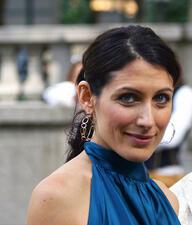
Lisa Edelstein
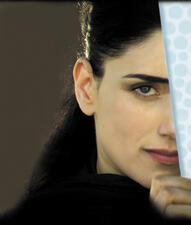
Ronit Elkabetz
Ronit Elkabetz (1963-2016) was one of Israeli cinema's leading actors. Coming from the northern periphery, she played in some of the major Israeli films of the last decades. She is particularly remembered for the trilogy she directed with her brother Shlomi Elkabetz: To Take a Wife (2004), The Seven Days (2009), and Gett: The Trial of Viviane Amsalem (2013), all addressing the issue of the oppression of Mizrahi women in the name of the Jewish religion.
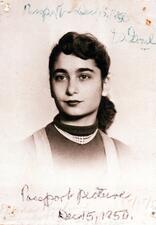
Ellida Geyra
Ellida Geyra was Israel’s first woman film director. She was a choreographer, dancer, and cultural figure best known for the groundbreaking feature Before Tomorrow (1969). Geyra challenged the hegemonic view in Israeli cinema and depicted woman’s passion as a political event

Nora Ephron
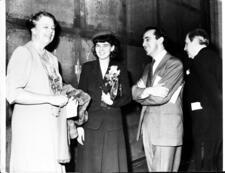
Phoebe Ephron
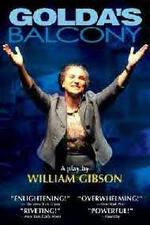
Tovah Feldshuh
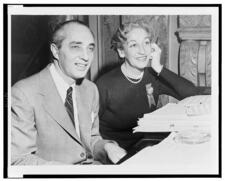
Dorothy Fields
Dorothy Fields wrote songs for a wide variety of musicals that became classics of American culture, from “Hey Big Spender” to “A Fine Romance” and “The Way You Look Tonight,” which won an Academy Award in 1936. In 1971, when the Songwriters’ Hall of Fame held its first annual nominations, Dorothy Fields was the only woman named to the ballot.


